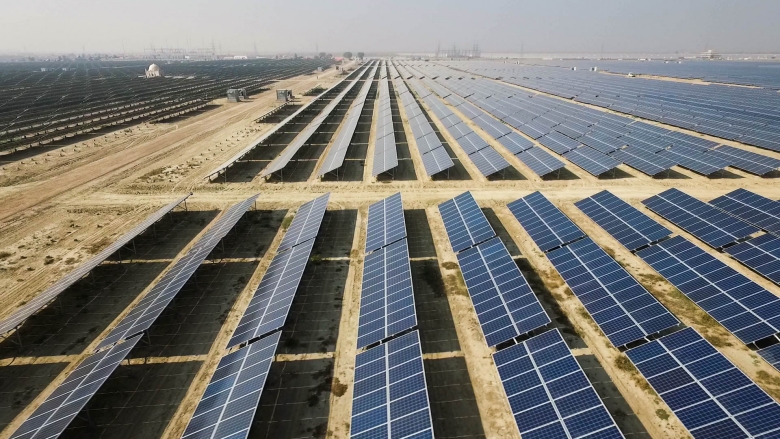Pakistan’s energy sector has long struggled with inefficiencies, rising costs, and public dissatisfaction. With electricity shortages and inflated bills burdening citizens and the economy, solar policy Pakistan has become a pressing area of reform.
The government has now decided to roll out a new solar policy with the aim to make the electricity production, distribution, and pricing system more transparent, fair, and sustainable. One of the most significant changes under this initiative is the move from net metering to gross metering.
What is Net Metering?
Net metering allowed solar panel users to produce electricity for their own consumption and sell the excess power to the national grid. The cost of electricity consumed was offset against the units sent to the grid, creating incentives for clean energy generation. Over the years, this approach encouraged thousands of urban residents—particularly in affluent neighborhoods—to switch to solar.
However, this rapid shift came at a cost. According to government data, the financial burden of net metering reached Rs. 159 billion by the end of 2024. Projections showed this could rise to Rs. 4,240 billion by 2034 if the system remained unchanged. The solar policy Pakistan needed a revision—not to discourage solar use, but to distribute its benefits more equitably.
Why Gross Metering?
Under the new gross metering system, solar users will no longer offset their consumed power against their exported units. Instead, their production and consumption will be measured separately. This setup promises more accountability and efficiency in the system. It will also reduce undue pressure on the national grid and help stabilize electricity tariffs for everyone.
An often-overlooked issue is that most net metering users do not pay capacity charges or fixed costs that are shared by other consumers. This leads to a lopsided burden on middle and lower-income users. The government argues that this disparity is unjust and unsustainable—hence, the need for a new solar policy.
Impact on Consumers
Existing net metering users will not be affected by this change. They will continue selling electricity to the grid at Rs. 27 per unit. However, new solar users will now receive Rs. 11.33 per unit under the gross metering system. This may later increase to Rs. 13–14 per unit as the system stabilizes.
While the new rates are lower, the solar policy Pakistan aims to cut government subsidies and reduce the financial strain on the state by Rs. 103 billion. Moreover, 8,500 megawatts of additional electricity can be added to the national grid, helping meet growing demand without relying on expensive imported fuel.
A Step Toward Sustainable Energy
This policy is not just a pricing adjustment; it is a major reform effort to realign incentives, promote fairness, and reduce dependency on fossil fuels. In a country where energy woes dominate headlines, the solar policy Pakistan signals a strategic shift toward sustainability and resilience.
In the long run, this new approach could reshape how energy is consumed and produced across the country—bringing Pakistan a step closer to a cleaner, fairer, and more self-reliant future.

